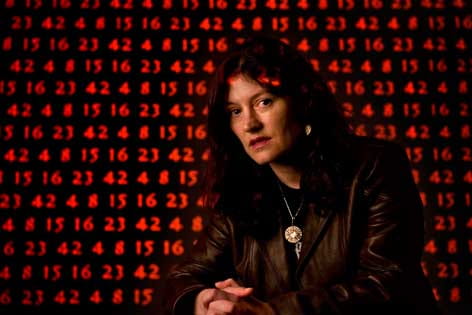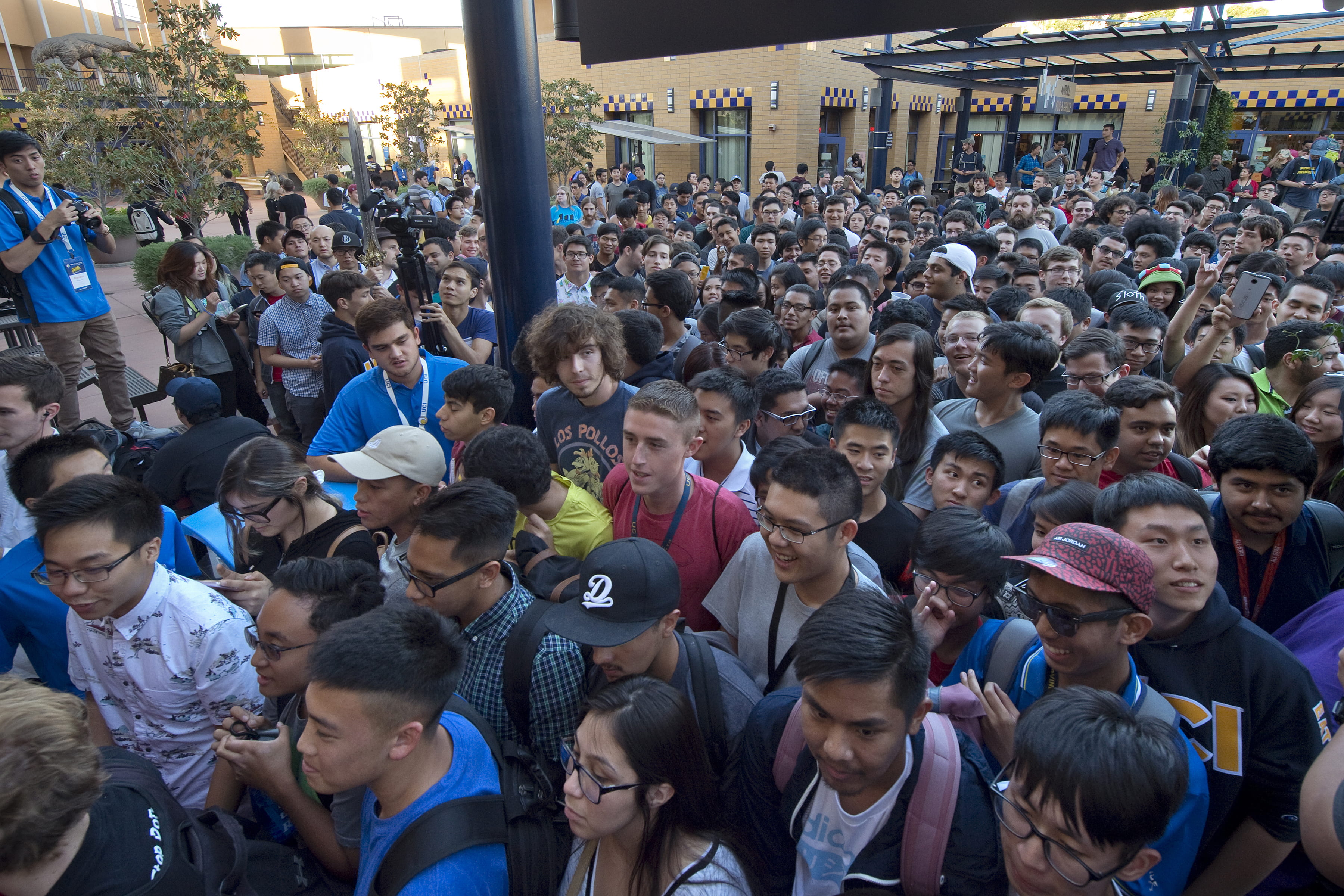Music professor gets ‘Lost’
UCI’s Amy Bauer oversees a Web site offering critical analyses of the popular TV show.

Amy Bauer’s colleagues and students know her as an expert in 20th century classical music and the work of Hungarian composer György Ligeti. Visitors to her Web site, The Society for the Study of “Lost,” know her as an expert in the hit ABC drama about plane crash survivors stranded on a mysterious island.
“‘Lost’ is full of references to Eastern religions, philosophical movements and even quantum physics,” says Bauer, UC Irvine assistant professor of music. “The series weaves these topics within a compelling narrative that makes repeated viewings and analyses almost required for the serious fan.”
Here, she discusses her online venture and the TV show’s final season, which kicks off Tuesday, Feb. 2.
Q: How were you first hooked on “Lost”?
A: I began watching the show in 2005 when I moved to Southern California from Washington University in St. Louis. It was a way for me to relax after the stress of relocating and starting a new job. “Lost” is unique in many aspects – it mixes genres in a way not often seen in network television. There are strong, dramatic story arcs, and things are not neatly resolved at the end of each episode. The show also addresses fate versus free will in a very intriguing manner.
Q: How did your Web site come about?
A: It started with visits to an online “Lost” discussion group. I noticed that a lot of professionals and academics were interested in the series and would write mini-essays about the story line or specific characters. Sometimes in academia I have to hide my love of pop culture because it can seem a bit silly compared to more serious issues. But “Lost” features complex characters and an almost novelistic narrative that provide a rich viewing experience. Because of this, it seems to draw fans who might usually avoid television. I created the site for academics and others who want to apply their expertise to the study of the show.
Q: What is the value of analyzing a TV series such as “Lost” versus, say, a work of literature?
A: I think there’s value to a show that makes an effort to develop characters, story lines and plots over many seasons. TV programs like “Lost” and some HBO dramas involve long, developed narratives that you can return to and study over time. You can look at several aspects of the production – writing, acting, cinematography, background music and direction – and evaluate how they work together to strengthen the narrative. This kind of show can serve as an entrée to critical thinking about art and culture.
Q: What types of people contribute to your site?
A: The Society for the Study of “Lost” is distinctive in that it’s not the usual set of sociologists or media-studies experts analyzing popular culture. I accept submissions from a diverse group of researchers: an authority in theology, an art historian, a business professor. Visitors can read about baroque art motifs in “Lost,” for example, or get a geologist’s take on how the island travels in time.
Q: Do you have any predictions or expectations for the series finale?
A: I’ve never seen a show with as many expectations riding on its last episode! There have been so many plot twists and unanswered questions that fans really want to know what it all means. I hope the writers can explain why the initial cast was “chosen” to be on the flight. Viewers of the show know not to expect quick, easy answers, but surely some of the big mysteries will be resolved.



